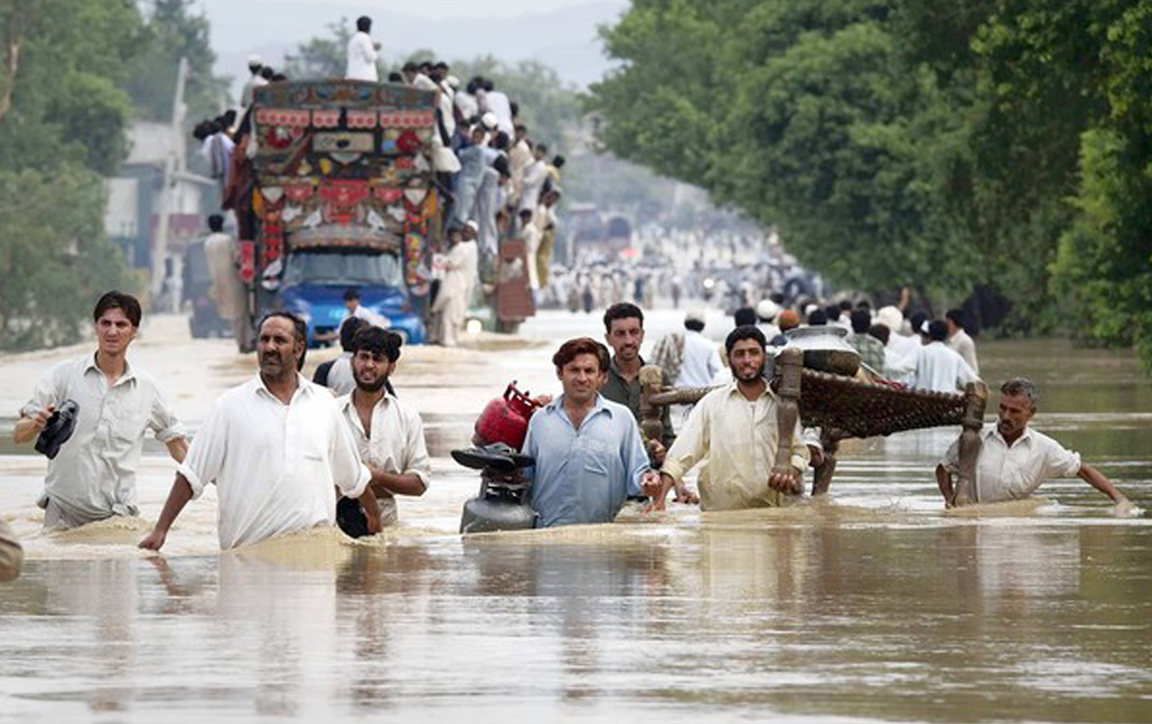Growing the Economy and Keeping Communities Safe
Kate Levick
The Adaptation stream of the negotiations is progressing well so far although important issues remain to be resolved, including interaction with Finance and Loss & Damage. This topic is a key node within the different discussions, bringing together issues of equity, finance, long-term ambition and trust.
Wednesday’s theme for the Lima-Paris Action Agenda (LPAA) was resilience, and the day saw an impressive number of important announcements and initiatives. The UN Office for Disaster Risk Reduction (UNISDR) launched a new ‘Climate Risk Early Warning System,’ (CREWS), while the governments of Australia, Canada, France, Germany, Luxembourg and the Netherlands agreed to give more than $80 million US dollars to equip up to 80 of the countries most vulnerable to climate disasters with better support systems.
Water – consistently topping WEF’s annual list of global risks – was an important theme within the LPAA day’s agenda. The Business Alliance for Water and Climate Change launched, uniting a plea for water to be integrated into the global policy and financing architecture with a campaign for companies to commit to measure and minimise their water risks and impacts. 40 companies have made the commitment to date and many more are expected to join in the near future.
The private sector is well equipped to deal with issues of risk and business resilience and is on the front line of climatic change – together with the local communities that it employs and serves – all over the world. More companies than ever are recognising the need not only to manage their climate risk exposure, but also to develop new product and service lines that enable others to do the same and help protect and grow global prosperity. In 2015, 406 of the Global 500 (the world’s largest listed companies) told CDP that they saw risk to their business from physical climatic change – reporting 1013 such risks in total – and 285 reported seeing associated business opportunities of which 60% related directly to developing new goods and services.
The private sector can go further on adaptation with the right agreement in Paris. The first step is to ensure that we treat adaptation with the same political parity as mitigation, including with a long-term global vision on adaptation. Let’s signal that all actors must build climate resilience while they reduce emissions by stressing in the preamble to the Agreement that adaptation is a global challenge which must be addressed with the same urgency as mitigation. Lets also make sure that Article 4 of the Agreement along with the supporting COP Decision includes consultation with the private sector in constructing national adaptation plans.
Businesses can play a constructive role in building this resilience not only within their own economic infrastructure, but also within the workforce, communities, and ecosystems on which they depend. They can mobilize their finance, improve their procurement, enhance access to goods and services, and build the necessary infrastructure to support frontline communities. Lets enable this innovation at COP21.

